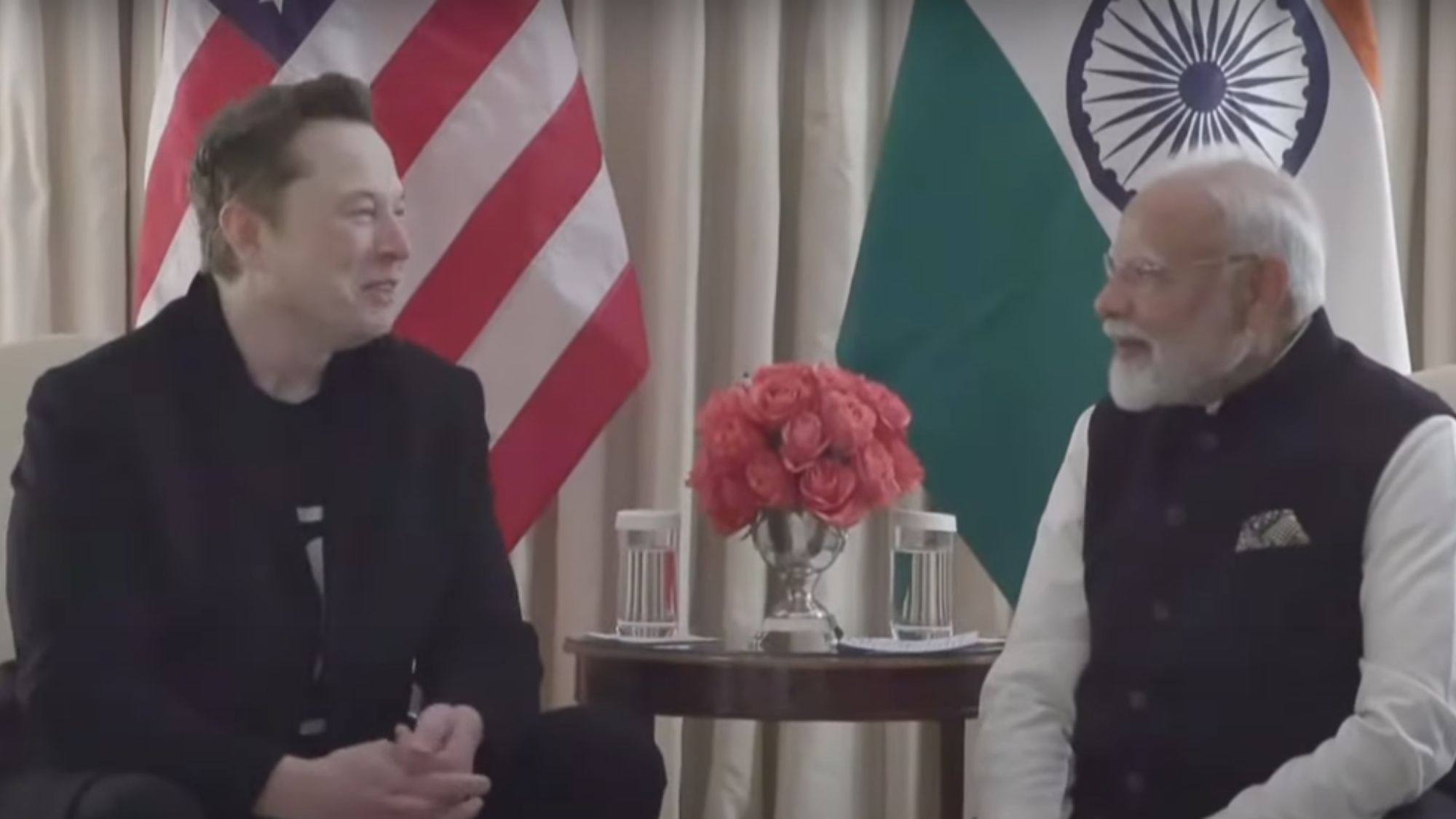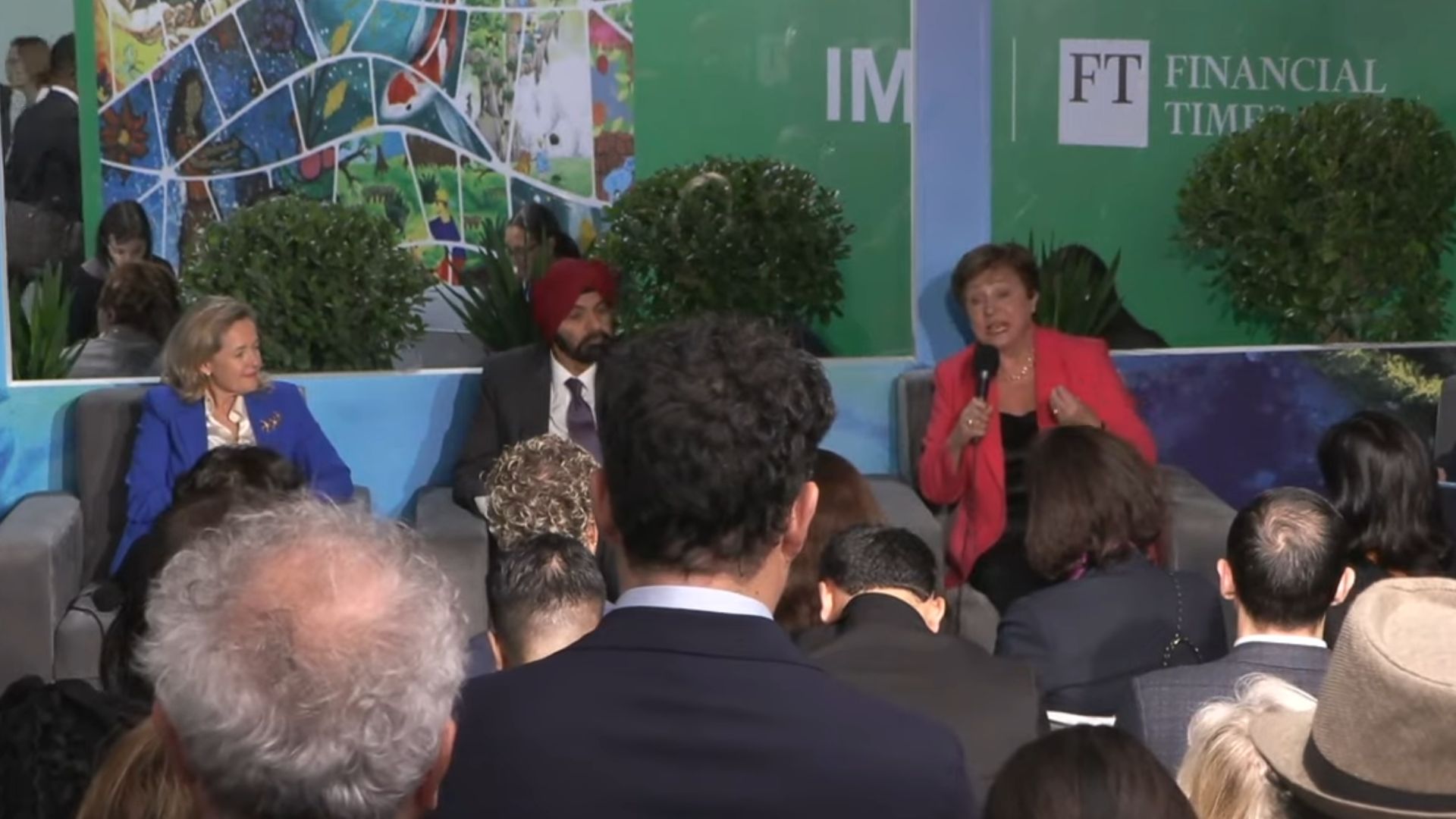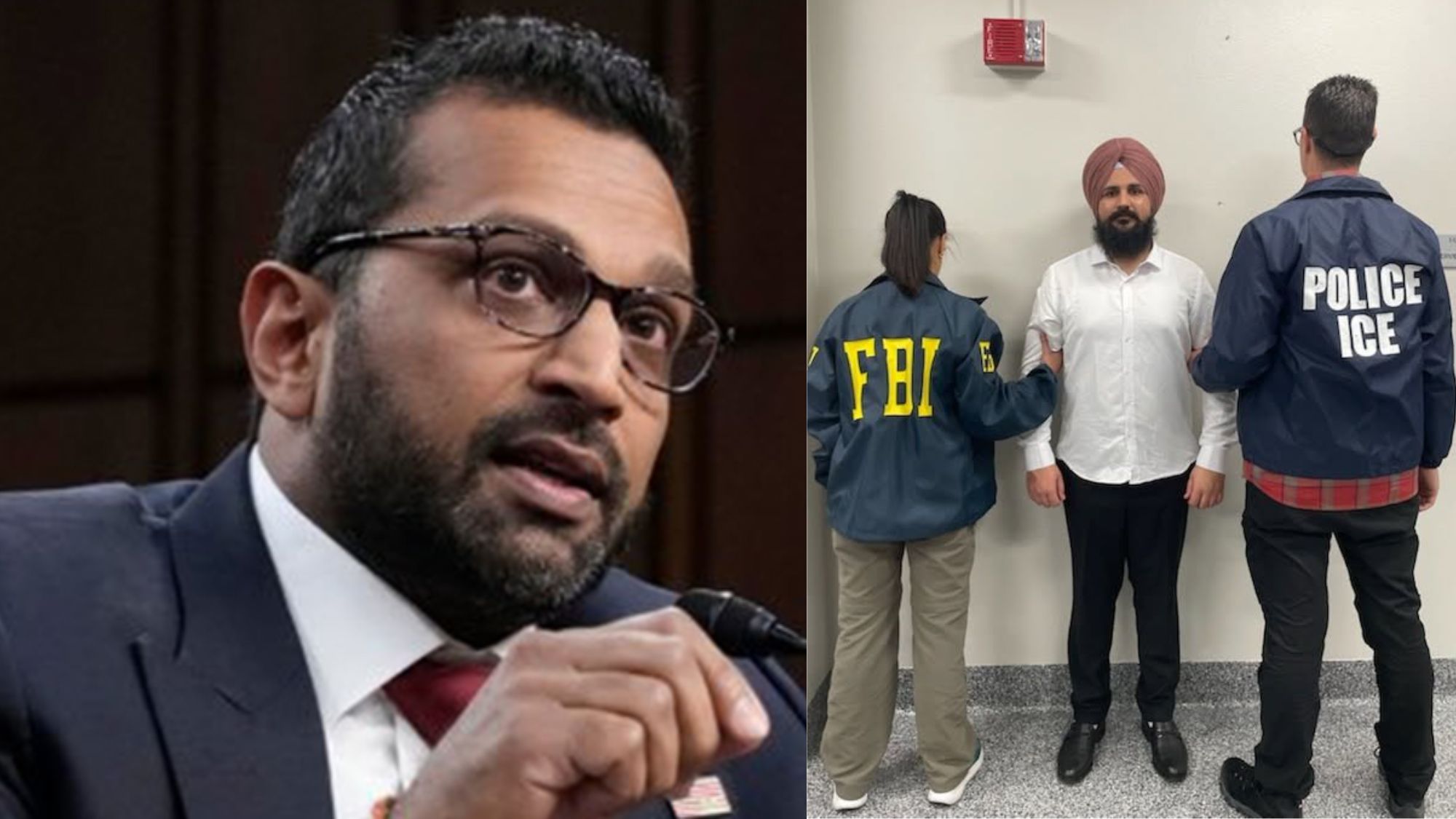NEW DELHI (Diya TV) — Indian Prime Minister Narendra Modi and tech billionaire Elon Musk spoke this week about deepening U.S.-India cooperation in technology and innovation, as global trade dynamics push American firms to rethink their manufacturing strategies.
The phone call, which Modi revealed in a social media post on X, revisited topics the two first discussed during their in-person meeting in Washington last year. Modi said the conversation touched on the “immense potential” for joint ventures in technology and innovation, and reiterated India’s commitment to expanding its partnerships with U.S. companies.
The timing of the discussion is noteworthy. According to the BBC, the call came just days before Vice President JD Vance’s expected visit to India, signaling potential new momentum in bilateral tech and trade ties.
For Musk, whose business empire includes Tesla, SpaceX, Starlink, and the social media platform X, India represents both a massive market and a strategic alternative amid escalating U.S.-China trade tensions. After President Trump announced steep reciprocal tariffs on April 2 — a 245% duty on Chinese imports followed by China’s 125% retaliatory levy — manufacturers like Musk have been urgently exploring new production bases outside China, the world’s second-largest economy.
India, with its growing manufacturing capabilities and competitive labor costs, is positioning itself as a key beneficiary of this shift. The country recently revised its policies to attract global automakers and tech firms, including lowering import duties on high-end electric vehicles from 110% to 70% for models priced over $40,000, as outlined in the Union Budget 2025.
Tesla has yet to officially launch in India but has made significant strides toward entering the market. Shortly after the Modi-Musk meeting in Washington last year, Tesla began recruiting for positions in New Delhi and Mumbai, posting roles in engineering, sales, and customer support on LinkedIn.
One of the hurdles for Tesla’s entry has been India’s historically high import duties on electric vehicles. The government eased those concerns in March last year by offering tariff reductions, provided manufacturers commit at least $500 million toward local production facilities.
Meanwhile, Musk’s satellite internet company, Starlink, is also pushing for entry into India’s booming digital economy. Starlink, which has more than 7,000 satellites in orbit and 4.6 million global subscribers, is seeking regulatory clearance to provide satellite broadband services in India — a country that leads the world in daily internet usage and boasts some of the lowest mobile data costs globally.
The journey hasn’t been smooth for Starlink. The company faced delays over national security compliance and licensing issues, with India’s telecom minister Jyotiraditya Scindia confirming last November that Starlink had yet to meet regulatory standards. Musk also openly criticized India’s auction-based spectrum allocation model, which the government later revised to a direct assignment system, removing one significant obstacle to market entry.
Competition, however, will be fierce. India’s satellite broadband market is already crowded, with telecom giants such as Mukesh Ambani’s Reliance Jio and Sunil Bharti Mittal’s Airtel dominating the space.
Despite regulatory roadblocks and pricing challenges, Musk has been vocal about his optimism for India’s market potential. Calling himself a “big fan” of Modi, Musk has repeatedly indicated his desire to invest in the country’s rapidly expanding technology and automotive sectors.
With the U.S.-China trade war continuing to rattle global supply chains, India’s efforts to position itself as an alternative hub appear to be paying off. Whether through electric vehicles, satellite internet or other tech collaborations, the Modi-Musk partnership could mark the beginning of a significant chapter in U.S.-India industrial cooperation.




